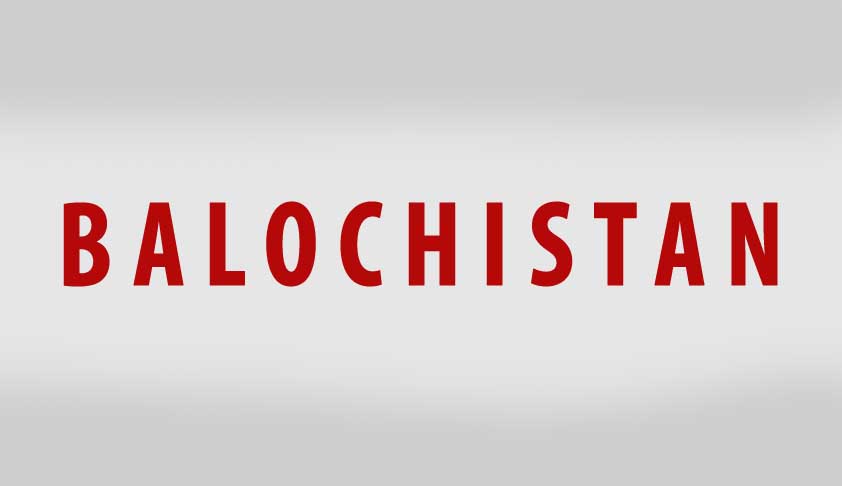India’s “Soft” Intervention
Tejas RK Motwani & Neeraj Grover
17 Sept 2016 11:25 AM IST

On 15 August 2016 as he addressed the nation, Prime Minister Narendra Modi mentioned that people of Balochistan, Gilgit and Pakistan occupied Kashmir have thanked him. This was clearly in reference to an earlier discussion that Mr. Modi held at an all party delegation at Jammu & Kashmir where he wowed to take up before the international arena, the atrocities committed by the Pakistan government in these areas. It is said that the reference to Balochistan by the Prime Minister is unprecedented, particularly since in the past, India has viewed the Balochistan conflict mostly as Pakistan’s domestic matter. As pointed out by some of the news reports, it is possible to view this as India’s rhetoric in response to Pakistan’s continuous nudge on Kashmir.
Both India and Pakistan are sovereign states. This recognition of sovereignty has significant incidences in international law. The most relevant incidence of sovereign state includes the right of that state to make policies and laws to control its internal affairs and to implement them. By implication, this means that each sovereign state has a right against interference or intervention of any form by another state in its domestic matters. The principle of non-intervention serves as the foundational bedrock of international law and consequently, international peacekeeping. However, there are exceptions to it. The most notable exception is intervention on humanitarian grounds, which allows a state to intervene into the territory and domestic matters of another where the intervening state believes there exists a humanitarian ground to do so. This attitude of international law depicts a hierarchy where morality to uphold the humanitarian ground is superior to recognition of sovereignty.
International law for the most part refers to a harsh form of intervention, i.e., use of force or threat to use of force. However, in modern times, we are increasingly witnessing a more subtle form of intervention - the soft intervention. In contrast to use of force or threat to use of force by the intervening country, soft intervention includes political commenting on matters that another country considers as it’s domestic. The relation between commenting and intervention might appear remote; commenting is gradually evolving as soft but sly form of intervention. India’s comments on Pakistan’s actions in Balochistan highlights that Pakistan might be committing violations of human rights. The importance of this function lies in its appeal to morality, which appears to be on a better hierarchy in international law, than the formal rules of sovereignty.
It is at this point that vulnerability of international law is exposed.
Though international statues, importantly the United Nations charter, have power to authorise intervention, legitimacy of use of force on humanitarian grounds in the sovereign territory of another nation has been debated since long.
The relevant question is, whether “soft interventions” are and can be recognized in international law? While use of force through arms and ammunitions is considered as intervention in matters of another state, can political commenting and advisory be equated to it? Some international law authors seem to acknowledge the existence of soft intervention in the passing; however, whether such form of intervention can be accepted requires debate and deliberation. It is opined that continuous political commenting in matters of another state could lead to situations of unrest. Further, soft intervention steadily creates basis for an actual intervention through arms. This could dilute the foundational basis of peace and international law, i.e., sovereignty.
Whether it is India’s comments on Pakistan's action in Balochistan or whether it is China’s comments on India’s action in Kashmir or comments by United States in matters of Turkey and Middle East, examples of soft intervention in recent times are plenty. In the interest of peace and harmony, we are of the opinion that soft intervention does require deeper debate and possibly, some form of regulation under international law.
(Tejas is a Master of Public Policy scholar at the University of Oxford and can be reached on tejas.motwani@bsg.ox.ac.uk. Neeraj is a practicing lawyer and lectures at Tamil Nadu Law School and can be reached on ng@neerajgrover.com.)
Image from here.


